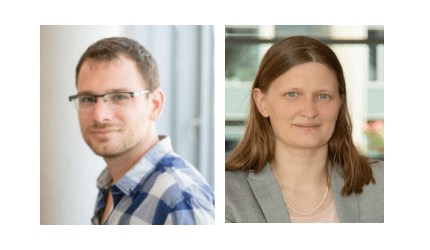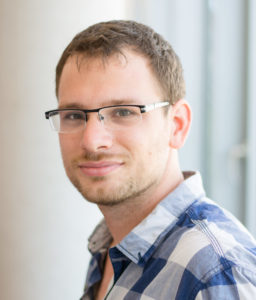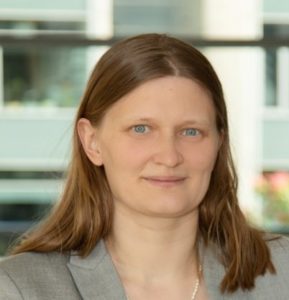
Winners of the Boehringer Ingelheim FENS Research Award 2022 announced
14 October 2021
FENS News, Society & Partner News
The Federation of European Neuroscience Societies (FENS) and Boehringer Ingelheim are delighted to announce the recipients of the Boehringer Ingelheim FENS Research Award 2022: Prof. Tom Baden (UK) and Prof. Tatjana Tchumatchenko (DE).
FENS and Boehringer Ingelheim would like to congratulate both winners for their outstanding scientific achievements. The award will be presented during the FENS Forum on 9-13 July 2022 in Paris, France, where the two awardees will jointly give the Boehringer-Ingelheim / FENS Research Award lecture.
 |
Tom Baden (UK) is a professor of Neuroscience at the Sussex Neuroscience, School of Life Sciences, University of Sussex. Prof. Baden studies how neurons and networks compute, using the beautiful collection of circuits that make up the vertebrate retina as a model. His early-career contributions include a near-comprehensive functional census of the mouse retina’s complement of excitatory neurons (Neuron 2013, Curr Biol 2013, Nature 2016, 2017), and the demonstration that retinal bipolar cells encode visual stimuli by both and graded and spiking responses (Curr Biol. 2011; Nat Neurosci 2011; Curr Biol 2013, Nature 2017). With the launch of his own lab in 2016, he shifted focus to study how neural computation can be linked to its “natural purpose”. For this, Baden’s research team interrogate vertebrate visual circuits in the context of animals’ natural history and visual ecology. Tom Baden is also a FENS Kavli Network of Excellence Alumni. |
 |
Tatjana Tchumatchenko (DE) is a computational neuroscientist professor at the Institute for physiological chemistry, University of Mainz Medical Center, and group leader at the Institute of Experimental Epileptology and Cognition Research, University of Bonn Medical Center. Prof. Tchumatchenko group’s models address the molecular, synaptic, and neuronal mechanisms underlying neuronal circuit computation. Investigating the dynamics of protein synthesis in dendrites, they found that dendritic mRNA and protein distributions of CamKIIa, one of the most prominent synaptic plasticity proteins, can be described by two tractable differential equations [Fonkeu et al. NEURON 2019]. Alongside computational research at the synaptic level, their group actively addresses neural circuit computations. |
Find out further information about the Boehringer Ingelheim Research Award.